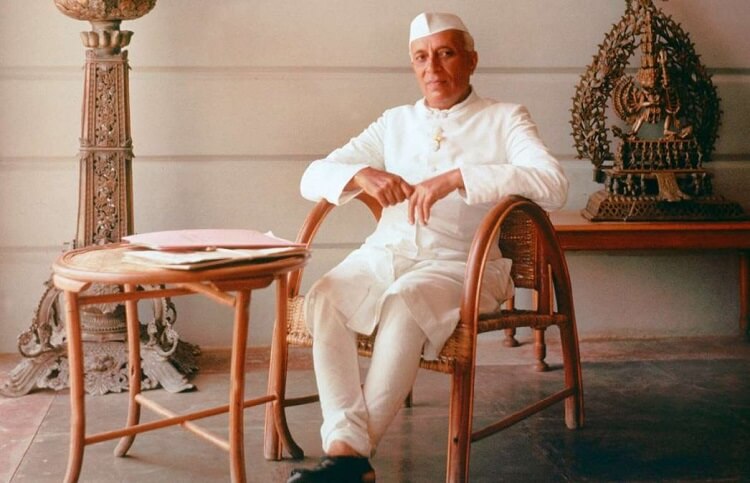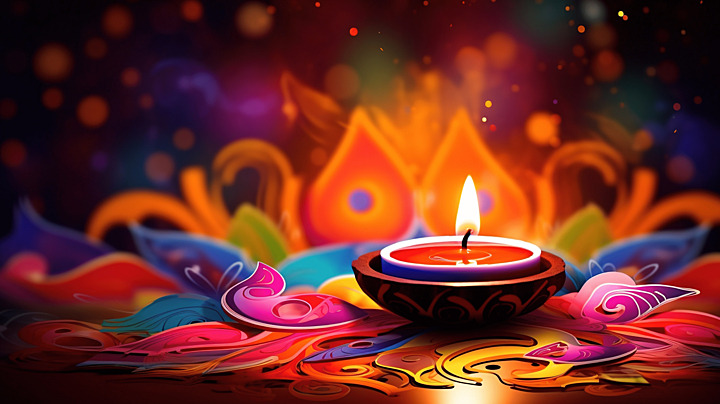India, after gaining independence in 1947, saw the rise of a visionary leader who helped shape the nation’s future—Pandit Jawaharlal Nehru, the first Prime Minister of India.
Early Life and Education
Jawaharlal Nehru was born on November 14, 1889, in Allahabad. He belonged to a well-educated and influential family. His father, Motilal Nehru, was a prominent lawyer and nationalist. Nehru studied in England at Harrow School and later at Cambridge University, returning to India with a deep sense of responsibility toward his country.
Role in India’s Freedom Struggle
Nehru joined the Indian National Congress and became a close associate of Mahatma Gandhi. He played a key role in the freedom movement by organizing protests, addressing public gatherings, and demanding complete independence from British rule. His passion and leadership earned him respect across the country.
India’s First Prime Minister
On August 15, 1947, when India became free from British rule, Nehru became the first Prime Minister of independent India. He delivered the famous “Tryst with Destiny” speech, marking a new era for the nation. He served as Prime Minister until his death in 1964.
Legacy and Contributions
Nehru laid the foundation for modern India by focusing on:
- Education (established IITs and AIIMS)
- Industrialization
- Democracy and secularism
- Non-alignment in foreign policy
He is remembered as the “Architect of Modern India.”
Conclusion
Jawaharlal Nehru’s leadership during the early years of India’s independence was crucial in building a strong, united, and progressive nation. His vision continues to influence Indian politics and society today.



